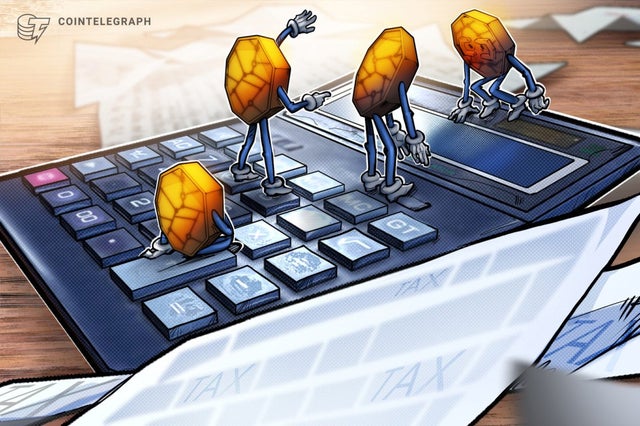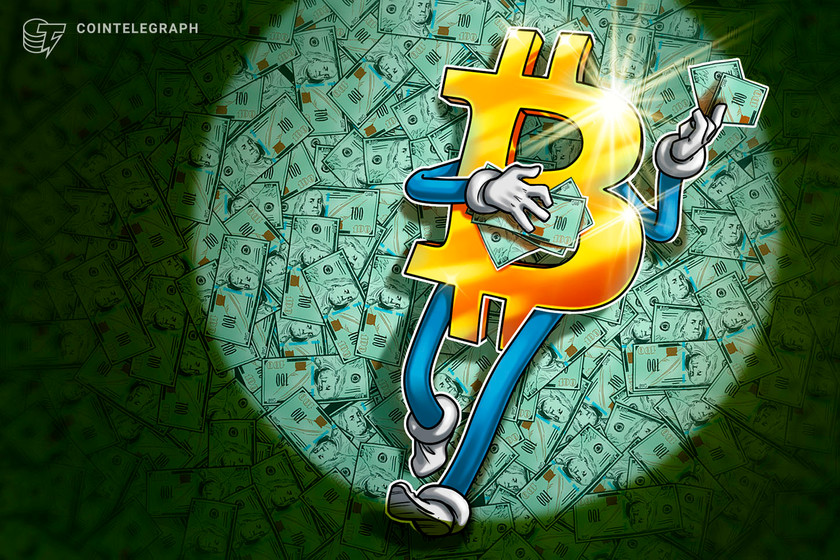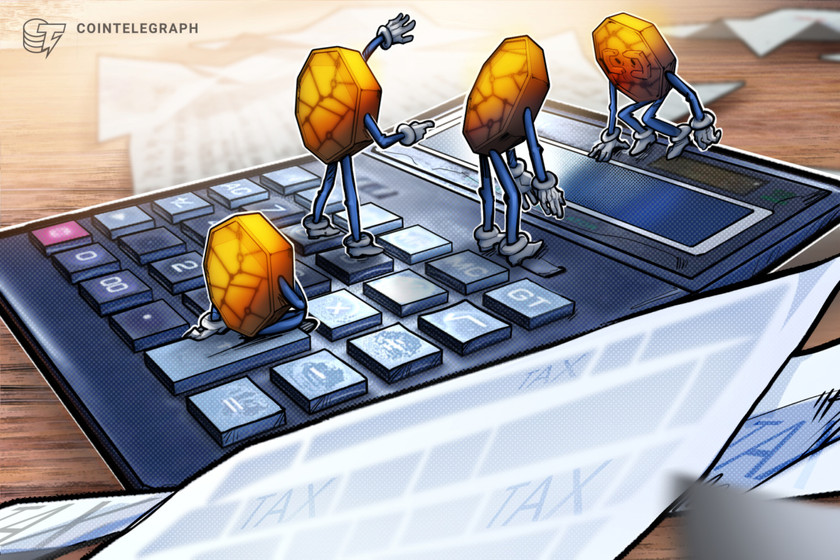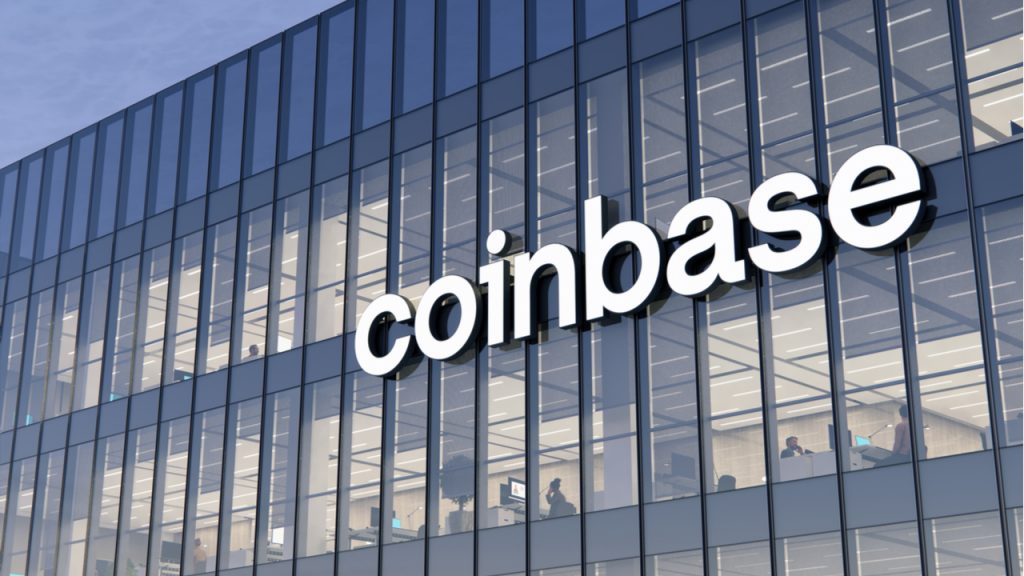The Cambridge Center for Alternative Finance, a financial research institute affiliated with Cambridge University, has found that the Bitcoin hashrate was up by 4% in August from the previous year, from 35% to 39%. But, still, the mining stocks have seen declines in the last month, with Bitcoin prices going down. The concluded figure involves BTC.com, Via BTC, and Pooling data. Cryptocurrency mining involves verifying and broadcasting the transactions on the relative blockchain ledger. It is a computationally-intensive process that opens doors for validators (who validate transactions) to earn rewards. Validators verify the transaction by guessing a unique hash number associated with each transaction. And it requires computing power more than simple PCs. Related Reading | New Data Shows China Still Controls 21% Of The Global Bitcoin Mining Hashrate Similarly, it needs a more powerful computer when verifying transactions on the Bitcoin network. Because the Bitcoin algorithm creates difficulty when too many validators come online simultaneously. Mining Bitcoin through a home computer was feasible a decade ago. However, considering the problems that arose with the growth of BTC mining, U.S. public companies such as Marathon Digital Holdings, Riot Blockchain, and Core Scientific owned server forms have made this type of work more accessible. Mining Stocks Dropped Nearly 50% The most recent bloodbath in the crypto market, which has seen the collapse of TerraUSD and the price dips of many cryptocurrencies, also caused a slump in the price of the shares of these mining companies. Since April 18, mining stocks of Core Scientific and Marathon have nearly lost 47% of their value. Likewise, Riot’s shares are reduced by its one-half, and Canadian-based Hut 8 Mining Corp has similarly diminished by 41% of the value of its shares. A few crypto traders point out that seeing the last month’s decline of 25% in Bitcoin price and the increasing correlation of crypto with the stock market, investors would now be cautious about cryptocurrency investment. The level of correlation between crypto and stocks has lasted between 0.67 to 0.78, with the BTC falling 10% on the day of peak correlation. Here 0 refers to no relationship, and 1 implies being completely correlated. Richard Craib, chief of the San-Francisco-based hedge fund Numerai, stated that digital assets are now “part of the mainstream financial system, and that’s not good for its viability as an alternative asset class. It’s not serving its original purpose as an uncorrelated asset.” Related Reading | Bitcoin Bearish Signal: Whales Ramp Up Dumping Analysts say that some traditional investors have ended up their crypto trading. The plummet of tech stocks has become the reason behind the exit of many investors. So they are selling their virtual assets to raise funds. In addition, the raised concerns about the environmental impacts of mining could also play their role in dropping stock prices. As of now, 160 crypto mining bills are waiting for the consideration of the government authorities in over 30 states. Featured image from Pixabay and chart from TradingView.com








